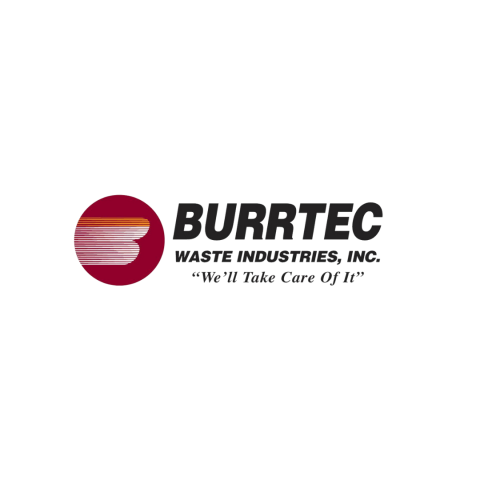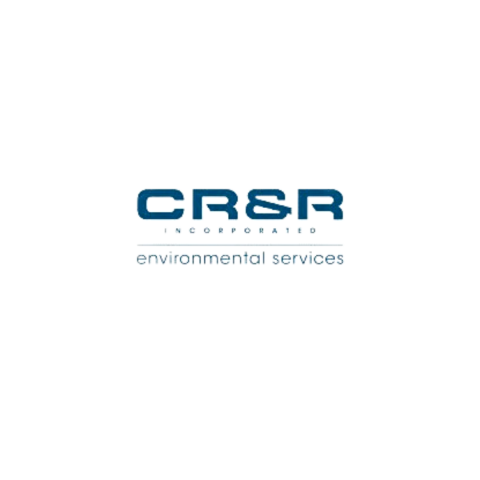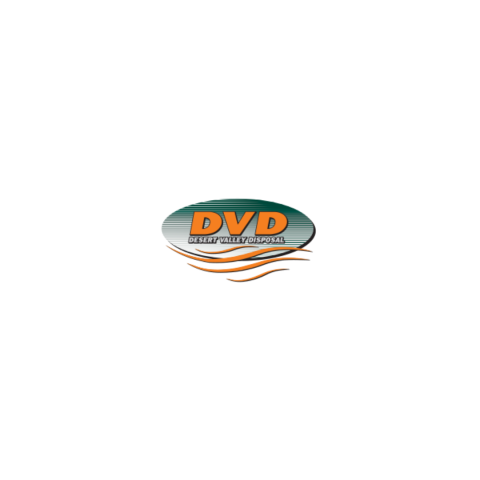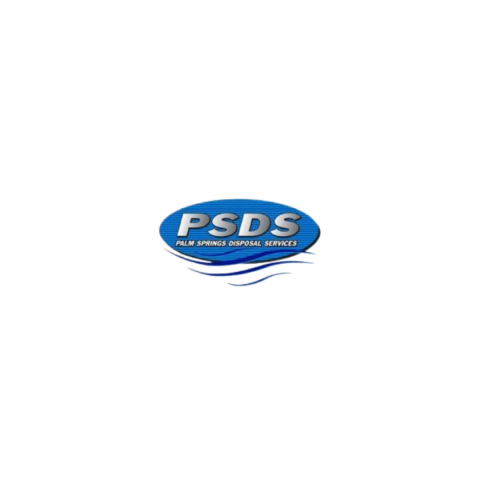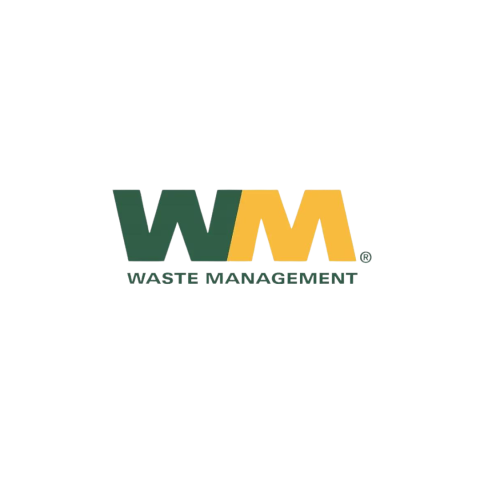Organic Waste
Organic waste includes the following material: green waste (landscape and pruning waste), food waste (including fats, oils, grease, and food-soiled paper waste that is mixed in with food waste), and nonhazardous wood waste.
Green waste refers to waste resulting from maintenance or removal of vegetation, including but not limited to: grass, brush, branches, leaves, flowers, shrubs and small trees.
Wood waste refers to nonhazardous wood waste such as untreated and non-laminated lumber.
Food waste for residential purposes includes fruits and vegetables.
Fighting Climate Change by Recycling Organic Waste
What is SB 1383?
In September 2016, SB 1383 (Lara, Chapter 395, Statutes of 2016) was signed into law and established methane emissions reduction targets in a statewide effort to reduce short-lived climate pollutants (SLCP).
SB 1383 establishes the following targets:
- Reduce organic waste disposal 75% by 2025
- Recover at least 20% of currently disposed of surplus edible food by 2025
Why is SB 1383 important?
Methane, a potent greenhouse gas, is emitted into the air as organic material decomposes in landfills. Methane emissions contribute to global climate change, poor air quality, and public health concerns. Moreover, tons of edible food is landfilled every year while 1 in 5 Californians remain food insecure (lack of access to enough food). Overall, SB 1383 helps California mitigate climate change and address food insecurity by diverting organic waste from landfills.
What is considered organic waste?
According to CalRecycle, organic waste includes food scraps, green material, landscape and pruning waste, organic textiles and carpets, lumber, wood, paper products, printing and writing paper, cardboard, manure, biosolids, digestate, and sludges. Acceptable materials will vary by jurisdiction. Check your waste hauler's organics recycling guidelines to avoid contamination!
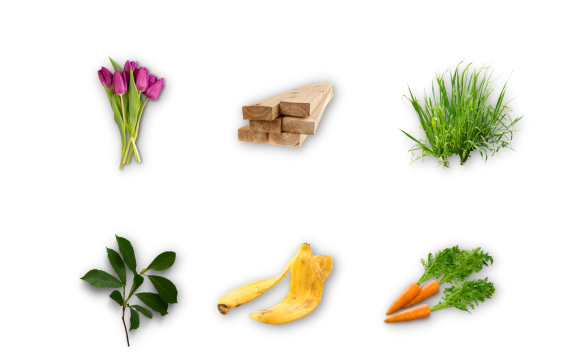
How will SB 1383 affect me as a resident?
Effective January 1, 2022, all residents in Riverside County must be subscribed to an organics recycling program or may self-haul to an authorized facility. This includes single-family homes and multi-family dwellings (apartment complexes) of 5 units or more.
Service rates may be affected. Contact your local jurisdiction for details.
Unincorporated Areas of Riverside County
Cities Within Riverside County
How will my waste hauler collect organics and food waste?
Contact your local waste hauler for details.
What is the procedure for applying for a waiver?
Waivers and exemptions are allowed by state regulation and are handled through Riverside County Ordinance 745 and managed by Riverside County Department of Environmental Health.
Possible waivers include self-haul, minimal waste generation, & physical space limitations.
NOTE: Riverside County Department of Environmental Health oversees SB 1383 waivers for the unincorporated areas of Riverside County.
Recycling and Disposal Options
Many facilities are available to take your grass clippings, wood waste and other organic materials. If you would like to include your company on our list, please contact: [email protected] or call (951) 486-3200.
Green Waste Processors in Riverside County
Learn how to compost! Visit our composting class page to find an upcoming class or watch our on-demand class for FREE. Low cost compost bins are also available for purchase.
Green and wood waste may be placed in your green waste container to be picked up by your trash service hauler. Keeping trash, glass and other unacceptable items out of your green waste container helps to keep the cost of green waste recycling down and improves the quality of the final compost and mulch.
Find your waste service provider
Green Waste and Wood Waste are accepted at all Riverside County Landfills with no special conditions.
Food Waste - Accepted at all Riverside County Landfills with the following conditions:
-
If less than 50% moisture content and non-putrefied: accepted at all Riverside County Landfills with no special conditions.
-
If greater than 50% moisture content - See the Liquid Waste page.
Food banks are large warehouses that store and distribute food to local organizations. The food is then given to the people who need it through community groups like senior centers, day care centers, homeless shelters and youth programs. The food banks listed in the Department of Environmental Health's document are an excellent resource in finding community food donation programs in your area. Donations of both perishable and non-perishable food items are accepted in most cases.
This information above is offered as a public service in an effort to eliminate illegal and improper waste disposal. As the information may not be comprehensive, the Department encourages the public to research additional companies that are available for the services sought. The companies are not affiliated, endorsed or regulated by the Department. Accordingly, as with any professional service, please confirm the accuracy of the company’s information and request copies or verification of the company's license and/or permits to provide the service, prior to utilizing its services. Under no circumstances, directly or indirectly, shall the Department be held responsible or liable for reliance on this information. If you would like to include your company on the list, please contact [email protected] or call (951) 486-3200.


